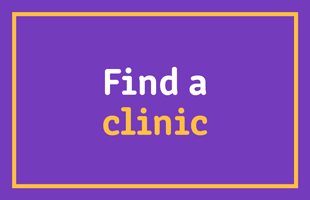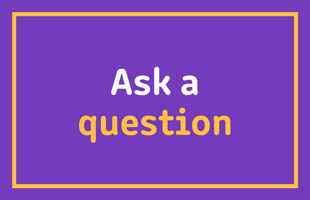Travelling overseas?
STIs like HIV, syphilis, gonorrhoea and mpox are more common in some parts of the world, including Southeast Asia and sub-Saharan Africa.
Some of these infections are resistant to standard treatments.
There are lots of things you can do to help reduce the risk of an STI.
- Always wear a condom when you're having sex while travelling.
- Talk to your doctor about taking medication to prevent HIV and other STIs.
- Get an STI test when you return.
Before you travel
- Pack condoms and water-based lubricant. These can be difficult to access in some areas or can be poor quality.
- Find free condoms
- Talk to a doctor or sexual health clinic about HIV PrEP and doxyPEP. HIV PrEP is the use of medications to prevent getting HIV through unprotected sex; HIV PrEP will not protect you from other STIs.
- Talk to your healthcare worker about vaccinations for hepatitis A and B, HIV and mpox.
While you are overseas
- Use condoms for oral, vaginal and anal sex.
- Water-based lubricant can help prevent condom breakage.
When you return
- Get an STI test if you have had oral, vaginal or anal sex without a condom (or if the condom broke or came off).
- Ask for HIV, syphilis and gonorrhoea tests to be included in your STI screen.
Remember, STIs often cause no symptoms.
The only way to be sure is to have a test. Visit a GP or sexual health clinic or find a health clinic near you for an STI test.
If you have been exposed to HIV
If you believe you have been exposed to HIV, you can access post-exposure prophylaxis (HIV PEP).
HIV PEP is a 4-week course of anti-HIV medication which, if taken within 72 hours of exposure, could prevent you from getting HIV infection.
Call the WA PEP Line at 1300 767 161 to get PEP.
Last Updated:
17/09/2025




